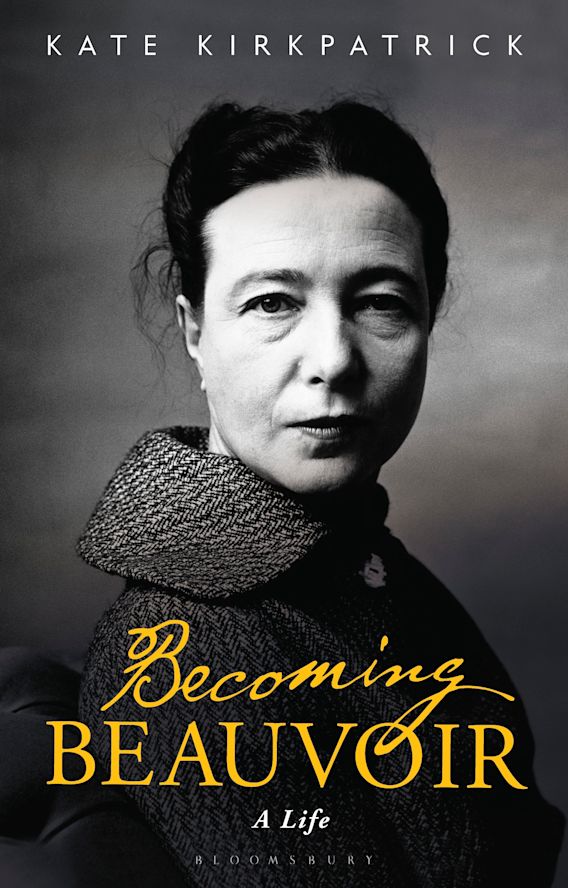This was actually my second read-through of Becoming Beauvoir. I alluded to it, briefly, in a summary on my vacation reading in Falun from 2021 but it deserves a bit more than a one-sentence summary.
Simone de Beauvoir wrote voluminously about her own life and had already been profiled in several biographies by the time Kate Kirkpatrick sat down to work on Becoming Beauvoir. Is there anything else one more biography could add?
Actually, yes. Kirkpatrick was able to draw on a great deal of previously unpublished or untranslated documentation and correspondence to shed light on relationships and ideas that for whatever reason Beauvoir herself had been less than forthcoming about in her own writing. Kirkpatrick’s stated thesis at the beginning is to rebut what she considers to be ad feminem attacks against Beauvoir: criticisms that boil down to “you’re just an unhappy woman” and “you’re just Sartre’s lapdog.” Thus the focus is on leveraging Beauvoir’s early student diaries and correspondence to show that she was puzzling over the same philosophical issues as Sartre before they ever met, or how she influenced him in these matters. Kirkpatrick also uses later correspondence (some of which not available until 2018) to highlight Beauvoir’s philosophical and ideological criticisms of Sartre and, despite the closeness of their relationship, her erotic and intellectual independence from him.
Kirkpatrick also takes up Beauvoir’s relationships with Bianca Lamblin, Natalie Sorokin, and Olga Kosakiewicz, perhaps as a means of allowing the deceased Beauvoir to respond to the allegations from all three women, pointing out that Beauvoir’s own correspondence indicates that she felt remorse over her (and Sartre’s) treatment of them. It would also seem a pretty glaring omission, all things considered, to not address them. And here we land in one of Beauvoir’s favorite topics: ambiguity. Kirkpatrick doesn’t give much space to the allegations from Lamblin, Sorokin, and Kosakiewicz. Is it because this is a biography of Beauvoir, and not them? Is it an attempt to gloss over abuse? How should we read that editorial decision in tandem with the total lack of reference to Beauvoir’s connection to the “Affaire de Versailles”? Then, larger questions: How would we read these relationships if Beauvoir were a man? How much moral commentary and judgment should a biographer provide on their subject?
I don’t know. I find Beauvoir’s ideas and writing compelling, and I’ll continue to engage with her ideas and take the best of them with me. In other words:


